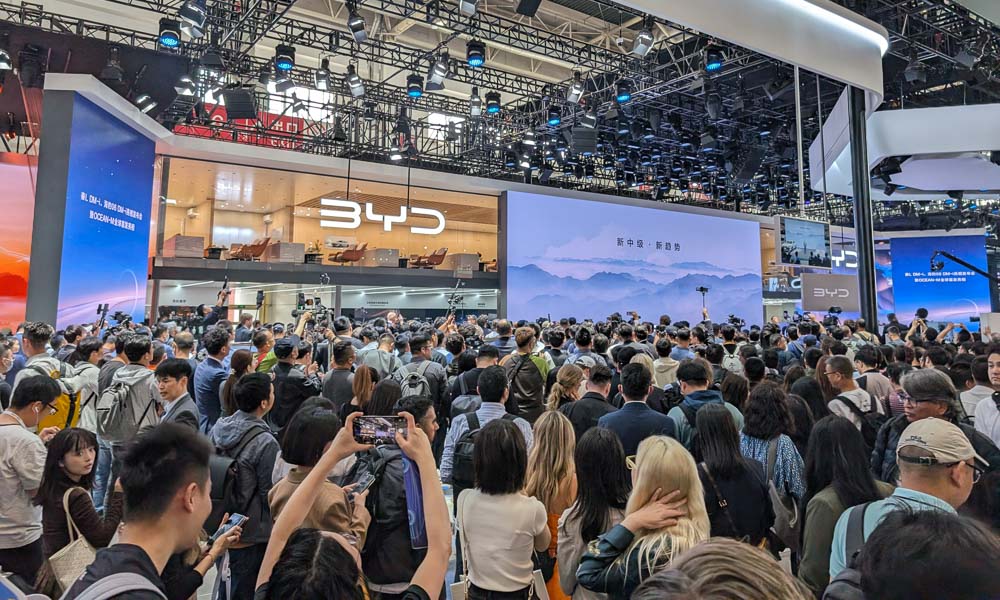
Before anyone suggests it: No, this is not a paid-for article to promote one or more Chinese car brands. I also didn’t attend the recent Beijing motor show courtesy of any of the companies from the big red country up north.
And besides: I’m German. If you look at my DNA under the microscope, you’ll see it’s made up of BMW, Porsche, and Mercedes-Benz logos held together by a feeling of pride and protective patriotism.
But I have noticed a trend among our readers that every time we write about or feature any Chinese car, the comments section can turn a bit tasty.

There’s no doubt that Chinese cars have come a long way. Only around 10 years ago, a company called Shuanghuan tried to sell a BMW X5 clone in the European market. The SUV, called the CEO, was so incredibly bad in every respect that a German car magazine called it the worst car in the world, and then proceeded to blow one up just to make sure it never drove on Teutonic roads ever again.
The chances of the same journalists laughing at—and blowing up—any of the current breed of Chinese motors is rather slim, however.
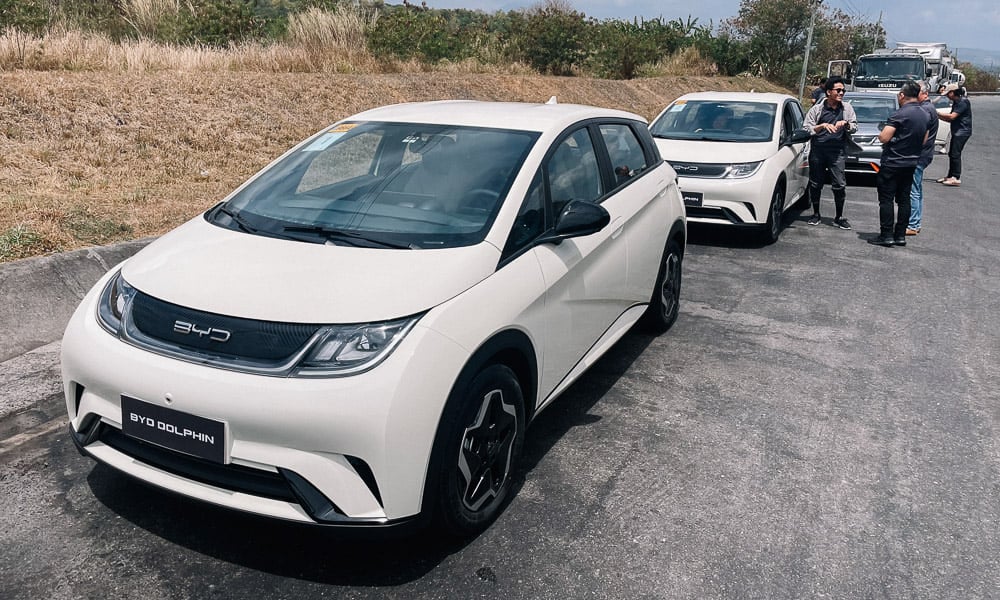
My recent endeavor with the BYD Dolphin was a bit of an eye-opener for me. Everything from build quality to ride comfort was a lot better than I had expected, and I’m hearing similar reports about this company and others from a number of local and international journalists.
Like it or not, the Chinese brands are here and they won’t be going anywhere soon. This begs a few questions, such as: “Should you buy one?” and “Can you trust them above cars from Japan, Korea, or Europe?”
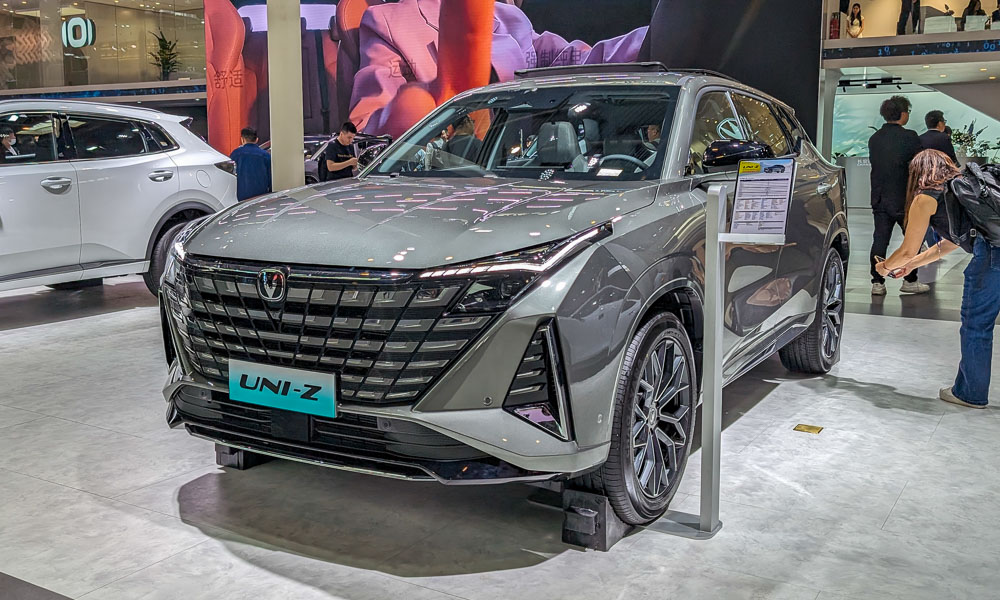
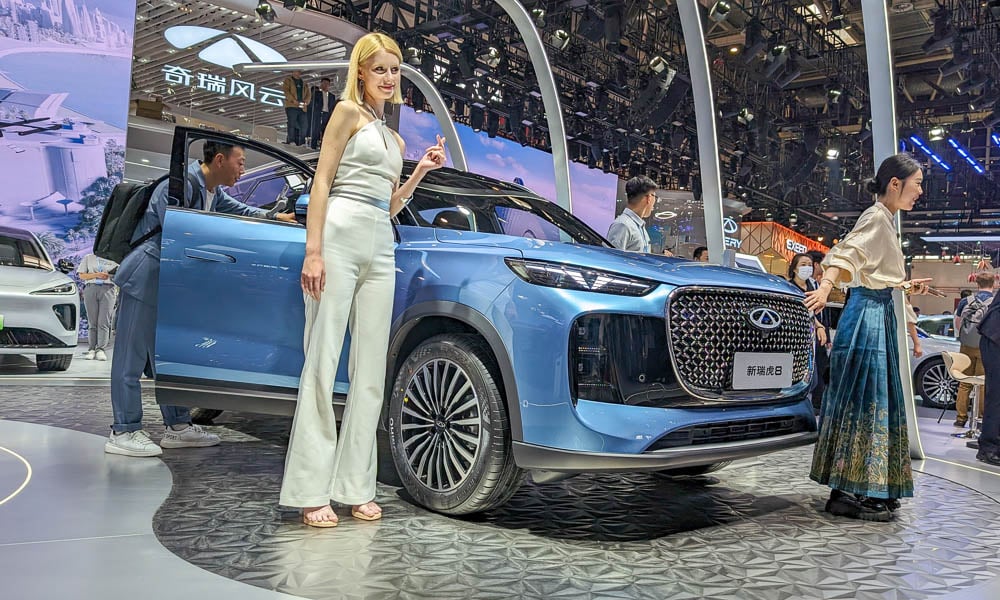
As many of these relatively new carmakers are trying to get into our minds through our wallets, the temptation to bag a bargain can be great.
And who could blame you? Life isn’t getting any cheaper, and if all you need is a relatively decent runabout, then BAIC, GAC, BYD, JAC, or any of the other companies may well have all you’ll ever need.
If you’re not too fussed about brand prestige or standout looks, China might have the right car for you.
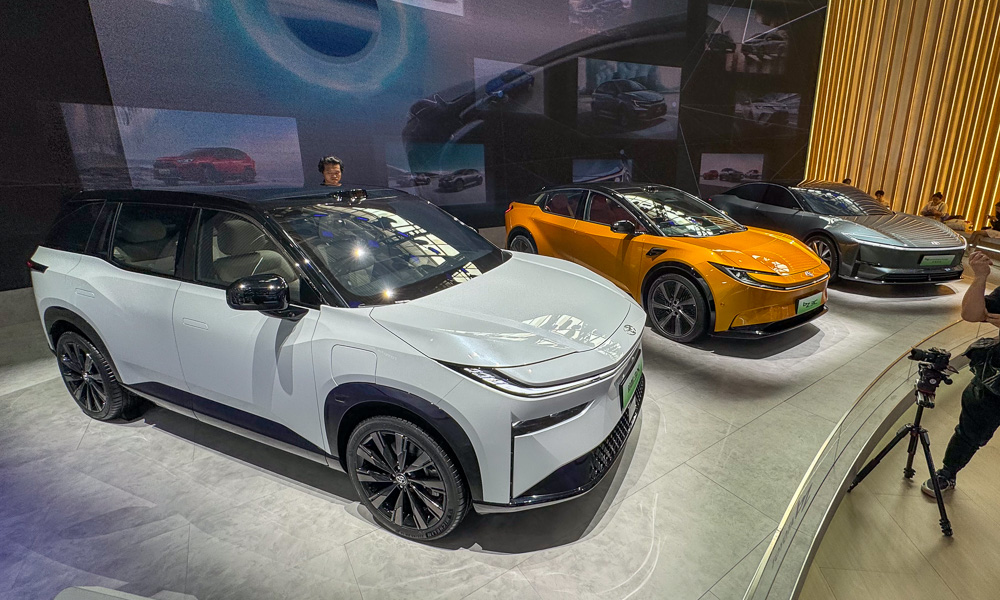
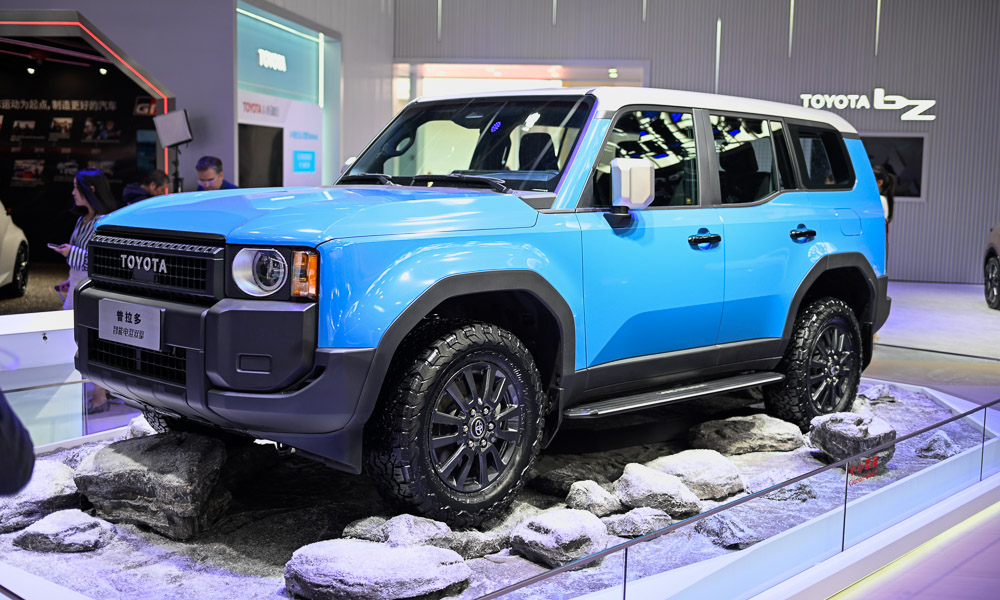
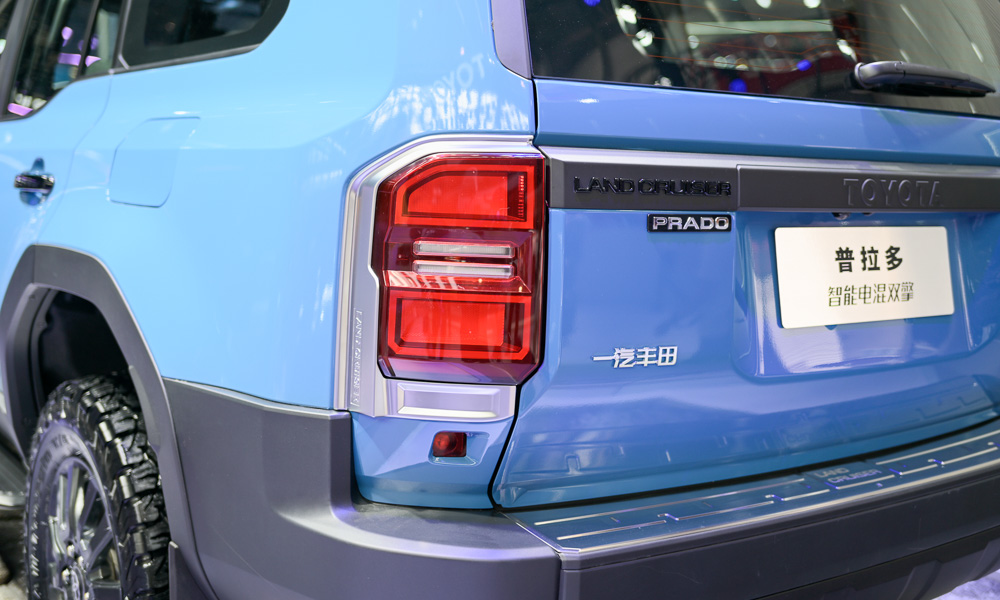
In some ways, seeing the rise of Chinese car firms reminds me of the way Japanese automakers started to conquer the world back in the 1980s.
I still remember how German car manufacturers and the media belittled Toyota, Mazda, and Nissan and company before suddenly realizing that consumers liked these reliable and affordable vehicles from the Far East. The rest, as they say, is history. Maybe we are at a similar point in our collective automotive history right now.
The first Chinese cars were terrible, but the companies have learned. Partially by copying, but also by buying in skills. A not insignificant number of Western automotive engineers have been lured to China with promises of big salaries and fulfilling career opportunities.
That’s beginning to show now, and vehicles from the communist state are starting to catch up and even overtake their competitors from elsewhere.
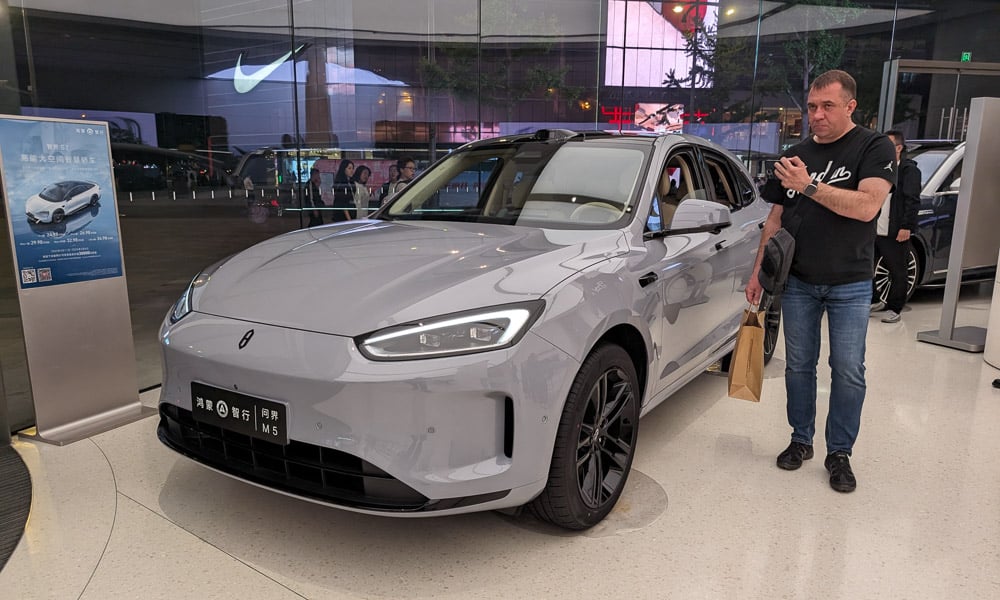
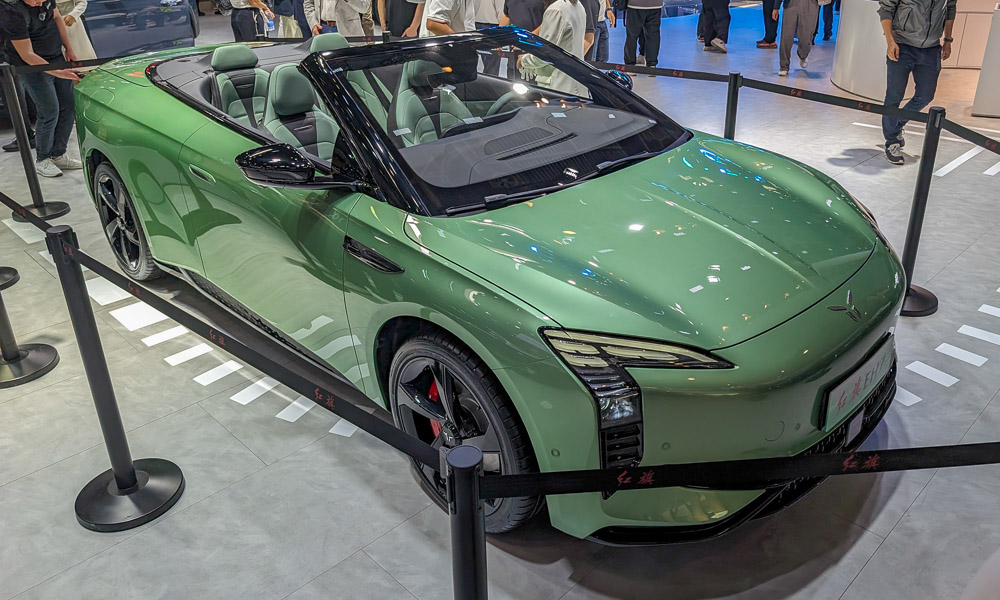
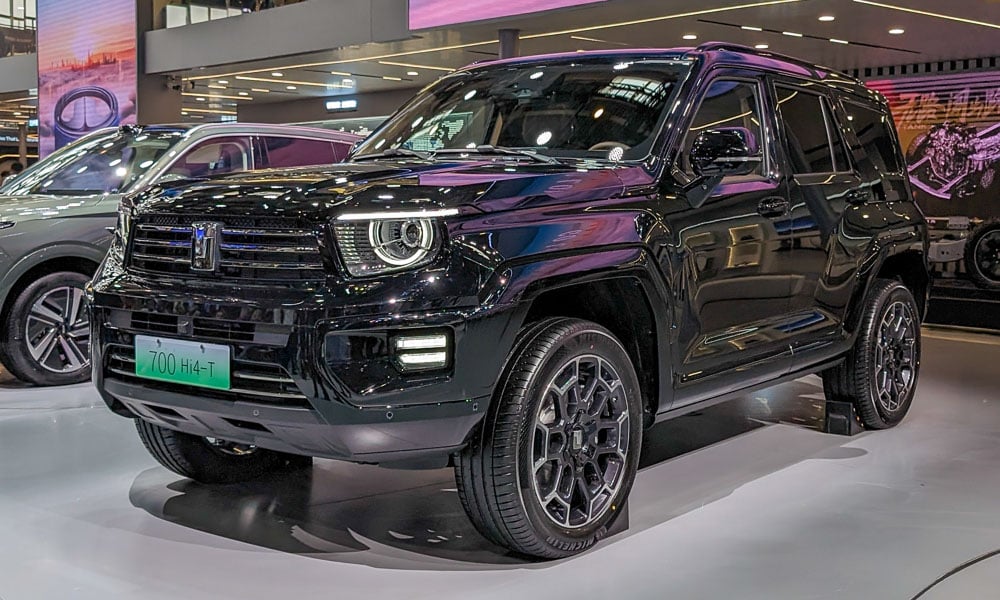
So far, the answer seems to be that we probably shouldn’t dislike them as much as many people do, but not so fast either. I can think of at least two reasons why people think twice before choosing a Chinese car.
Number one is that many of these brands are relatively new, and we know little about their long-term durability or resale value. In fact, some of them have already gone out of business again, including the aforementioned Shuanghuan.
If it’s a simple car that you’re planning to keep until it gives up the ghost, then this might not be an issue. But what if you want to sell it again in a couple of years? With a Toyota or a BMW, you first of all know that the company will always be around, and secondly, you can estimate resale value better.

The final point—and the main reason why many people here feel hostile toward Chinese car brands—has less to do with the cars themselves and more with the country they come from.
China has been engaged in a prolonged bullying campaign against the Philippines in the West Philippine Sea for some time now.
Chinese ships are hassling and in some instances even ramming and attacking Philippine vessels with water cannons—behavior that has led to injuries among Filipino seafarers and has been widely condemned by the international community.
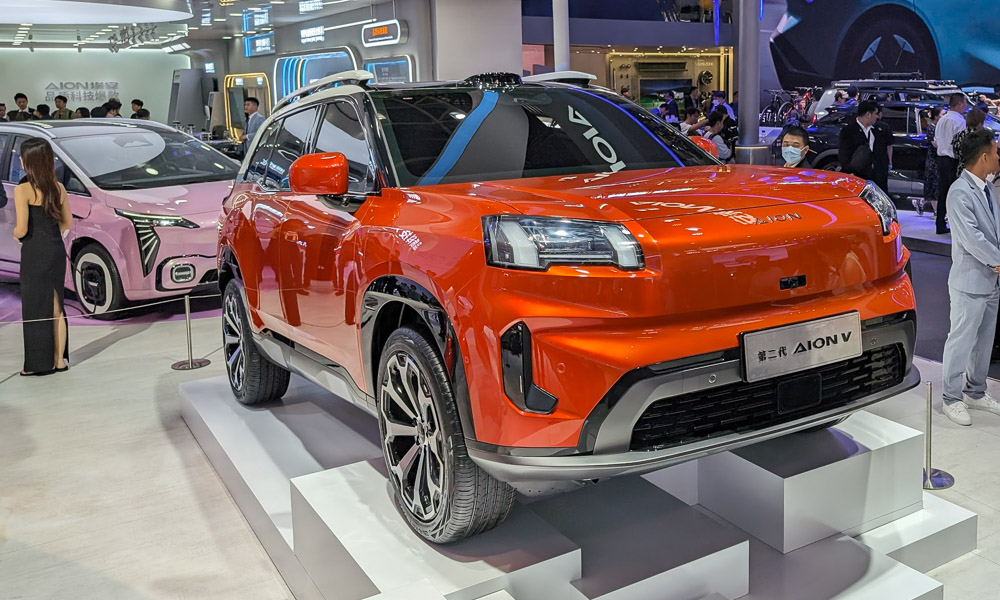
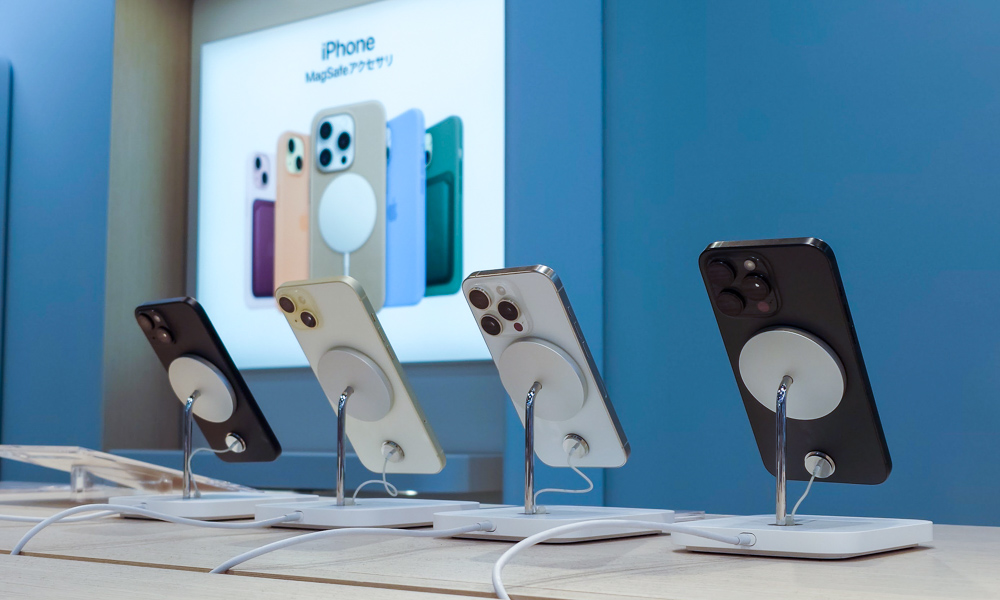
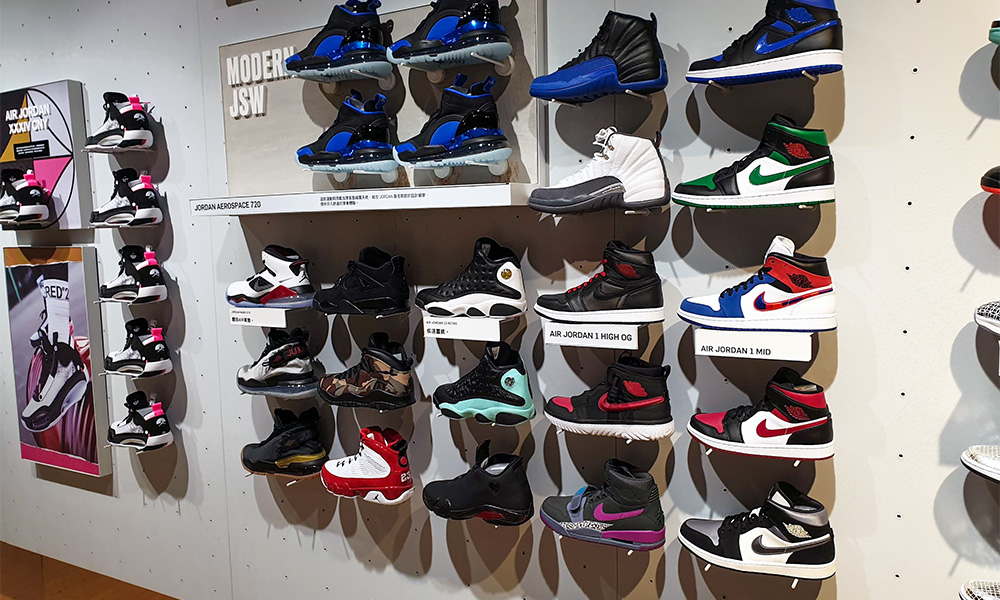
Keeping in mind that there is no such thing as a truly private company in China, it’s accurate to say that big car brands are by default affiliated with the Chinese government.
This means that every time you buy a Chinese car, you support the very regime that is currently bullying the Philippines. But then you also do that with pretty much every smartphone that you buy, every computer, every toy, and many other things that are made in China.
Just that with cars, it seems to be a little more prominent where they are from. So ultimately, it’s a question consumers have to answer for themselves. We just write about the cars. You, the consumer, have the power to say yes or no.

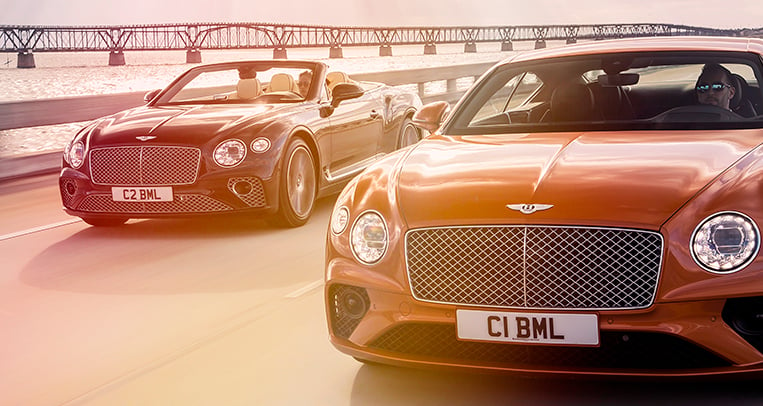

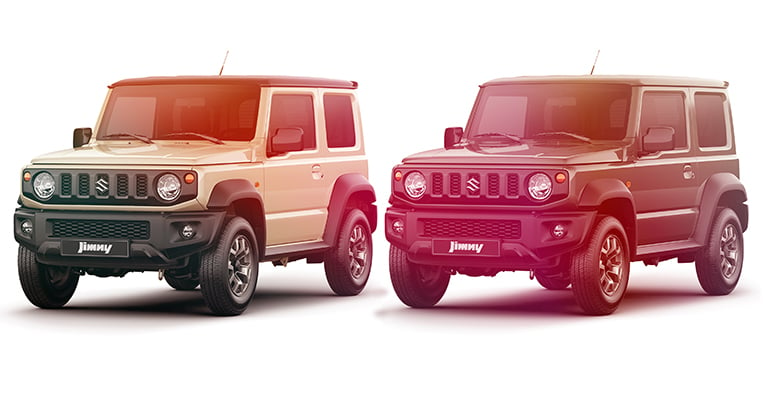
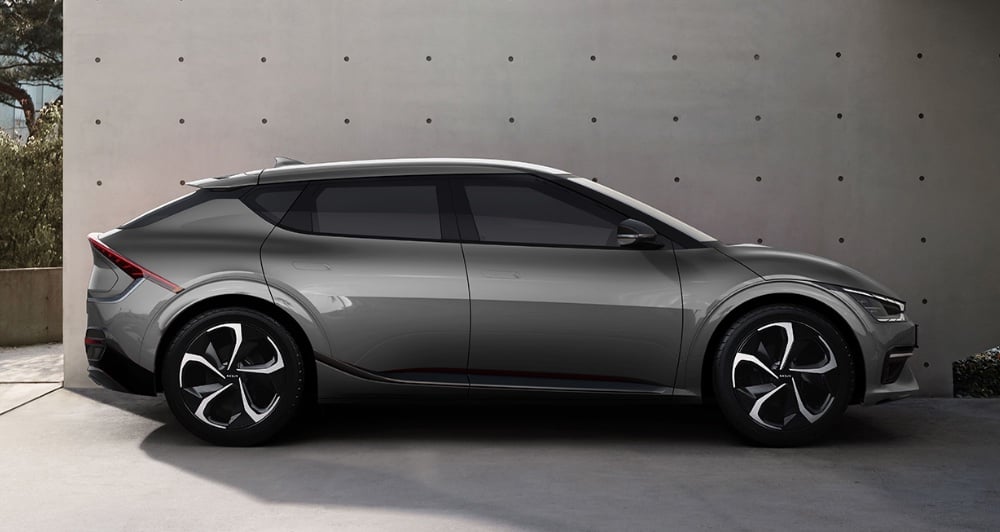
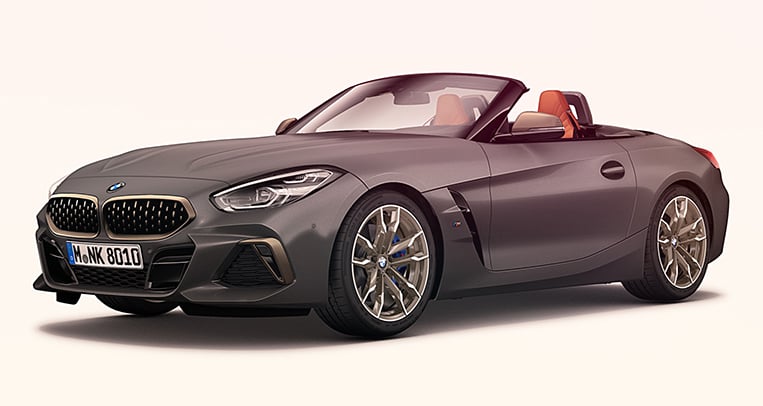

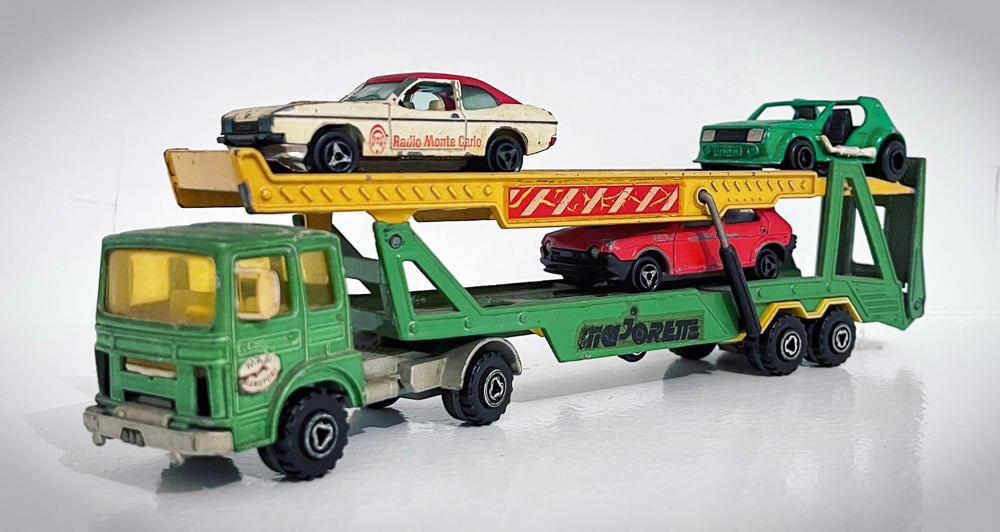
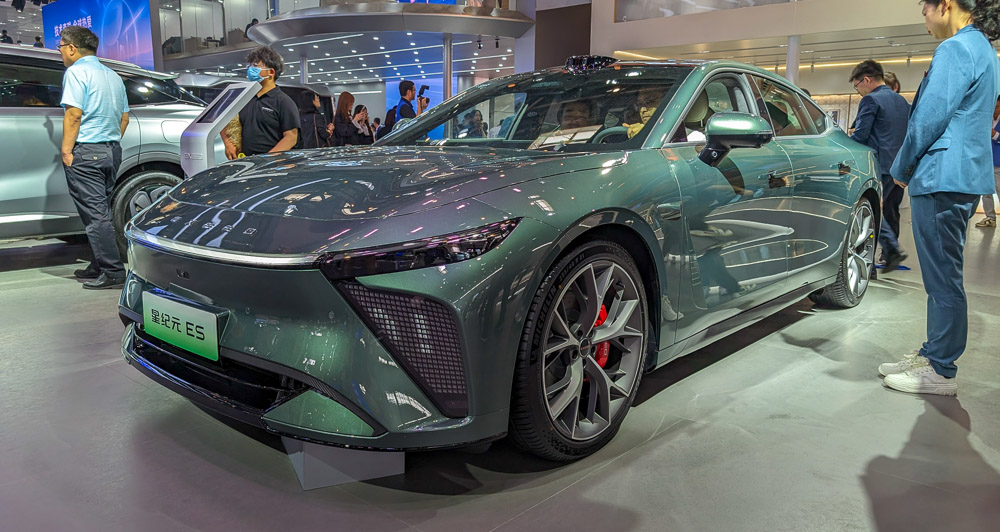
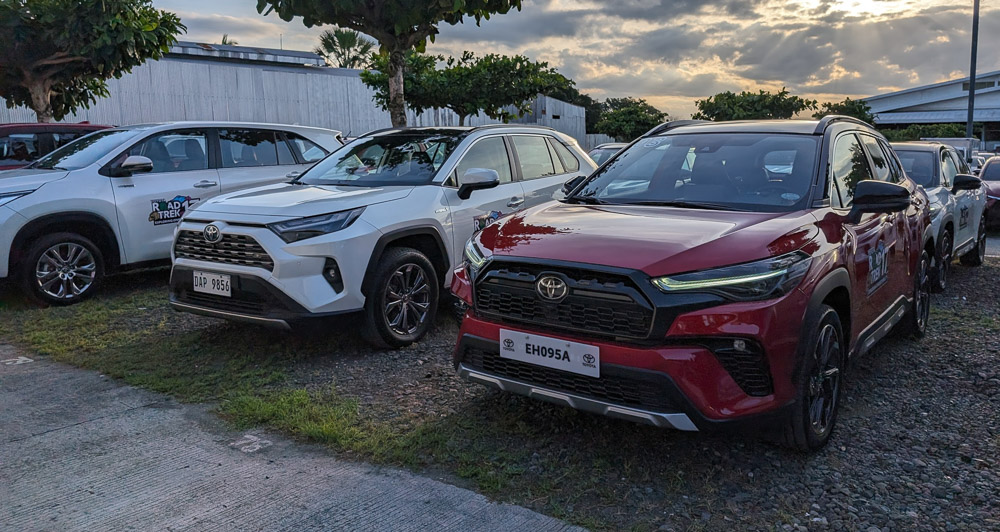
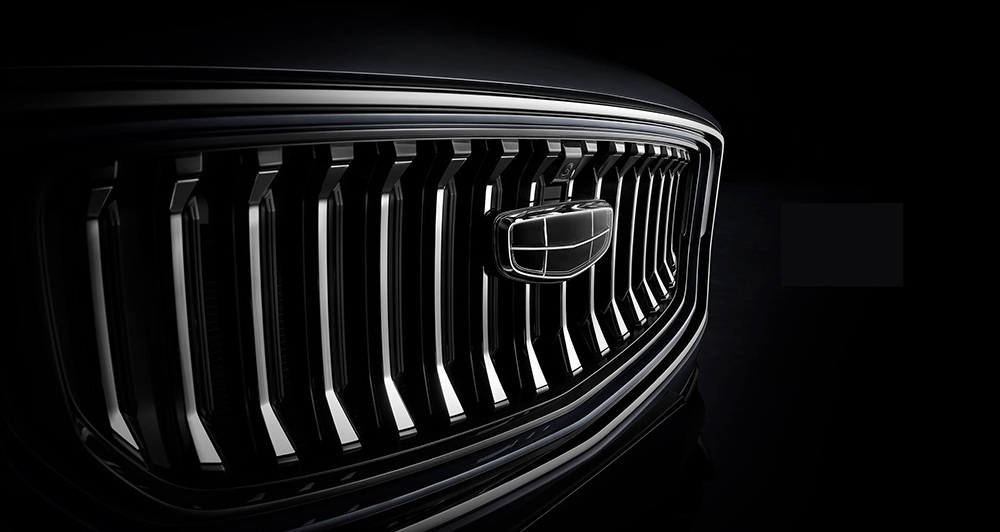
Comments